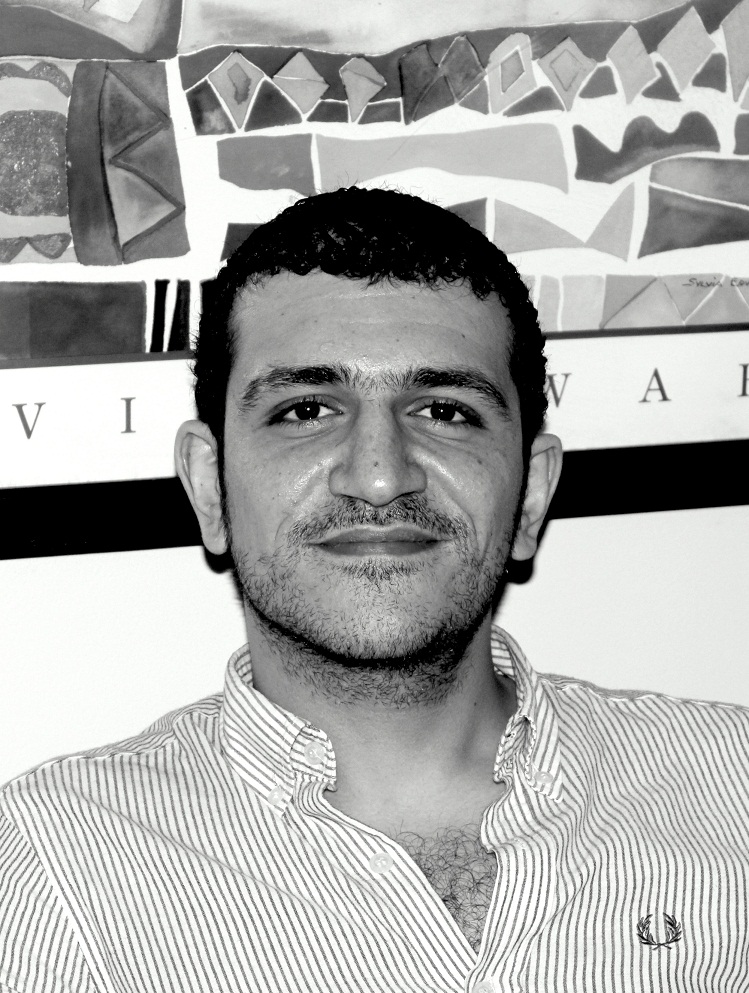 As social fissures deepen and clouds of bellicosity darken the skies of Egypt, threatening a deluge of violence, Morsy’s dismissive attitude reveals his once-masked dictatorial disposition.
As social fissures deepen and clouds of bellicosity darken the skies of Egypt, threatening a deluge of violence, Morsy’s dismissive attitude reveals his once-masked dictatorial disposition.
In his interview on Egyptian National Television, Morsy’s spoke in the tone of the patriarch, the father to all Egyptians, a tone quite reminiscent of his ousted predecessor. “Those in Tahrir are my siblings and children,” he stated in phoney humility. Has he so quickly forgotten that he is an elected president of a republic? That he is a servant of the people, not their king and most certainly not their figurative father, that Egyptians are fed up with being treated as subjects, that the revolution came about to abolish this exact despotic outlook.
Morsy praised the protests as a “healthy phenomenon” that he admires. And I am sure in his own head he thought he was scoring points by marketing himself as president who respects his opposition by allowing them to freely protest, and not resorting to mass arrests like the old regime.
I really wonder though, is he struggling with the definition of respect? Because a blatant dismissal to a week of pressing calls for a national dialogue is a far cry from the admiring, respectful ruler. On the contrary, it is patronising and demeaning; an underhanded mockery of the opposition that screams “do your best, I still have the upper hand.”
Still, call Morsy a dictator and his supporters will jump at your throat as if you had called him Hitler. The majority of Morsy’s supporters seem to misconceive the term “dictator” as a meaningless insult, rather than a description of governance.
Now to Morsy’s interview with Time Magazine, a publicity stunt that most would agree reflected poorly on his image as the emerging leader of the Arab Spring. Putting aside his determination to be interviewed in English, which forced the Time to remind its readers that the last time Morsy spoke English “regularly [was] three decades ago,” Morsy inadvertently demonstrated his dictatorial tendencies.
“I see things more than they [the opposition] do,” Morsy responded when asked whether he, in hindsight, would have done things differently given the controversy his decree caused. He explained that, based on some survey “more than 80, around 90 per cent of the people” support his decree. Now let’s take a moment to analyse this sweeping opinion poll:
First and foremost, it is impossible that any authority has conducted a representative survey that resulted in such a figure, it an arbitrary statement that lacks any factual basis.
Secondly, and for the sake of argument here, if we’re talking about a percentage of those eligible to vote, there is no way that 80, let alone 90 per cent of people support of his decisions. It is not like his electoral victory was sweeping in any way, he won with 51.1 per cent, quite the anorexic margin, taking in to consideration that a large portion of the population cast their vote against Shafiq rather than for Morsy
Thirdly, since his rise to power, every decision he has attempted, apart from being credited for sacking the military brass, has failed quite miserably. Whether it is his failure to deliver a fragment of his 100-day plan, and his poor choice of an inadequate prime minister, which resulted in an indecisive and feeble cabinet that brought the economy to the near impasse. Or the most recent spectacle of the Constituent Assembly that left the street utterly galvanised. None of the above bodes well for a rise in his popularity.
Yet, according to Morsy and his stats, his decisions are popular with 80 to 90 per cent of the people. There are two logical scenarios; none of which could excuse his statements. Either he is genuinely that ill informed about the level of his popularity, or he is straight up lying to the entire world. Both scenarios are evocative of Mubarak’s attitude in dealing with international media and the masses. Both are the marks of a true autocrat.
A dictator by any other name would reek as bad.



